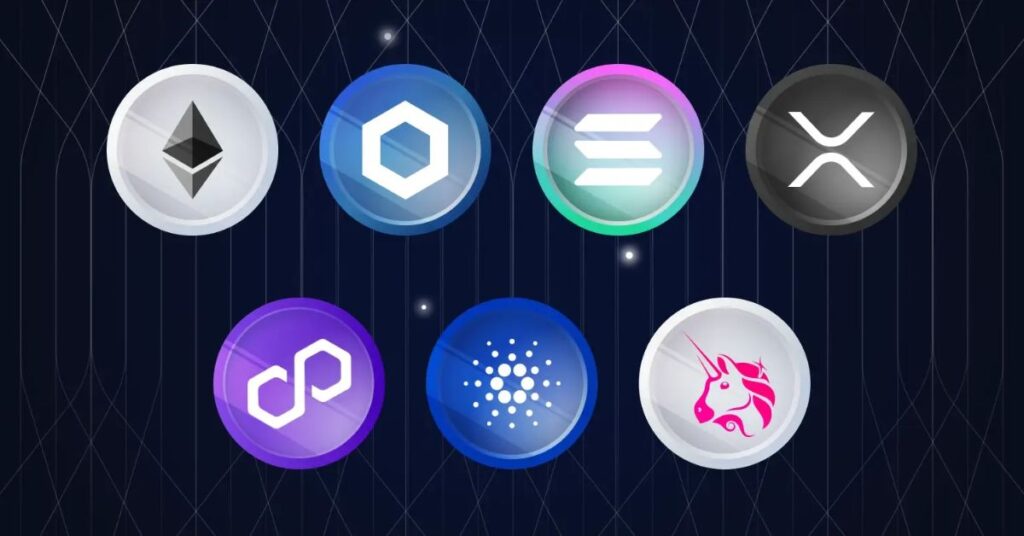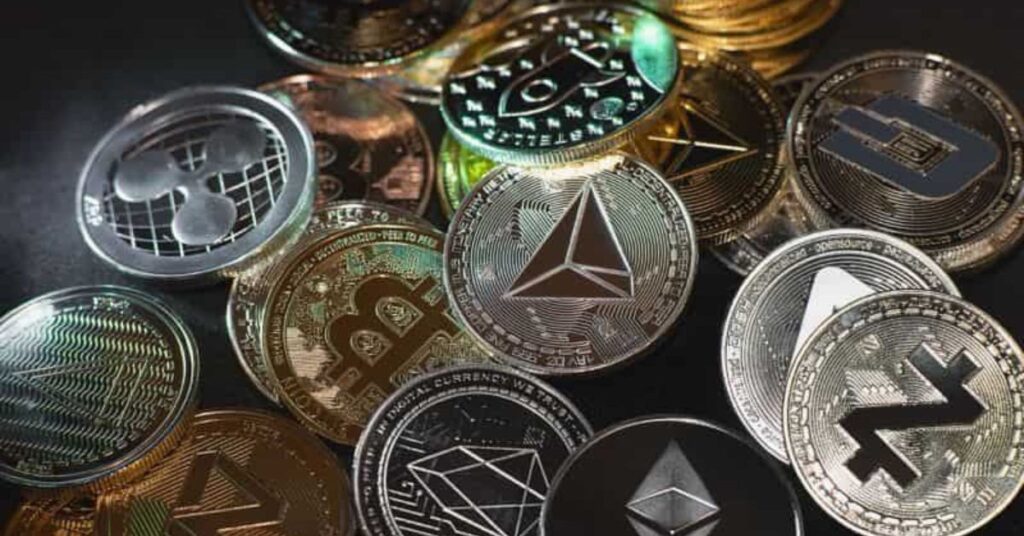If you’ve explored cryptocurrency, you’ve likely heard about altcoins. But what exactly are altcoins, and how do they differ from the more famous Bitcoin? We will explore altcoins. They exist in the digital currency landscape. They have potential.
Contents
What are Altcoins?
Altcoins refer to any cryptocurrency other than Bitcoin. “Altcoin” combines “alternative” and “coin,” showing they are alternatives to Bitcoin. Bitcoin is the leading cryptocurrency with the highest market cap and name recognition. Altcoins provide a variety of digital assets for different purposes.

Why Do Altcoins Exist?
Altcoins exist for several reasons. They aim to address perceived shortcomings or limitations of Bitcoin. Bitcoin pioneered decentralized digital currency. It faced challenges: scalability issues and high transaction fees. Altcoins offer faster transactions, lower fees, and enhanced privacy features.
Altcoins provide avenues for innovation and experimentation within the cryptocurrency space. Developers and entrepreneurs use blockchain technology to create new digital assets. These assets have unique features and use cases. These innovations drive progress and foster competition, benefiting the broader cryptocurrency ecosystem.
Types of Altcoins
Altcoins vary in shape, size, and purpose. Here are some common types of altcoins:
- Designers create utility tokens for specific functions in DApps or blockchain networks. Ethereum’s Ether (ETH) powers transactions on the Ethereum network. Traders use Binance Coin (BNB) for discounted trading fees on Binance.
- Privacy coins focus on anonymity and confidentiality in transactions. They provide better privacy features than Bitcoin. Monero (XMR) and Zcash (ZEC) use advanced cryptography to hide transaction details.
- Stablecoins are altcoins pegged to stable assets like fiat currencies or commodities. They aim to cut price volatility. Tether, USD Coin, and Dai are popular stablecoins. Traders and investors use them to trade and hedge against market fluctuations.
- Security tokens represent ownership of real estate, company shares, or commodities. Regulators treat security tokens like securities and may provide dividends to investors.
- Smart Contract Platforms create and run self-executing contracts with predefined conditions. Ethereum leads in smart contracts. Cardano (ADA) and Polkadot (DOT) are competitors.
Investing in Altcoins
Investing in altcoins can be a lucrative yet risky try. Here are some considerations to keep in mind:
- Research before investing in any altcoin. Understand its technology, use case, team, and community support. Check if the altcoin addresses a real need and has long-term potential.
- Diversification: Diversify your altcoin portfolio to mitigate risk. Avoid investing all your funds in one altcoin. The cryptocurrency market is volatile. Individual projects might fail.
- Divide only some of your investment capital into altcoins. Reserve the majority for established assets like Bitcoin and Ethereum. Prepare for market fluctuations by setting clear investment goals.
- Protect your investment by storing altcoins in reputable wallets or custody solutions. Beware of phishing scams, hacking attempts, and fraudulent projects posing as legitimate altcoins.

Challenges and Risks
While altcoins offer exciting opportunities, they also pose certain challenges and risks:
- Investors know altcoins for their price volatility. Values fluctuate over short periods. Investors should prepare for significant price swings and potential losses.
- Altcoins’ regulatory landscape is always changing. Authorities worldwide are figuring out how to classify and regulate these digital assets. Regulatory crackdowns or unfavorable rulings can impact the value and legality of altcoins.
- Plenty of altcoins saturate the market. New projects struggle to gain attention. Many altcoins fail to gain wide acceptance or lose to established competitors.
Conclusion
Altcoins are a diverse and dynamic part of the cryptocurrency market. They provide innovative solutions and opportunities for investors and enthusiasts. Bitcoin dominates the space. Altcoins drive innovation and push blockchain technology. They address market needs. Exploring altcoins can be rewarding and enlightening. It opens doors to new possibilities in digital finance for investors, seasoned or new.